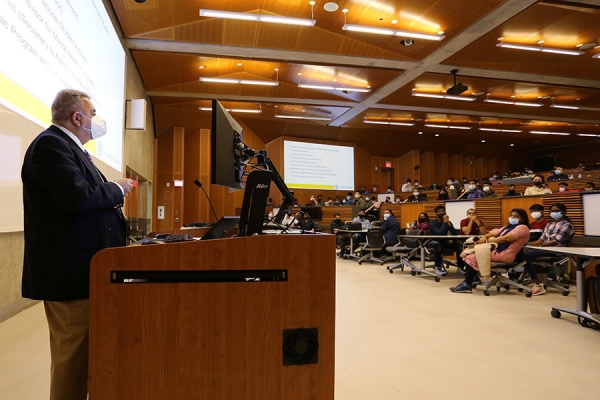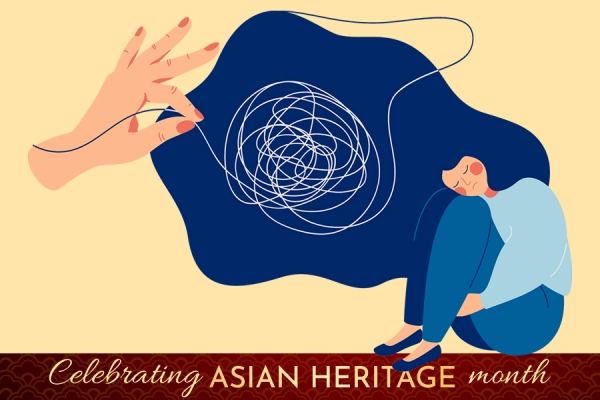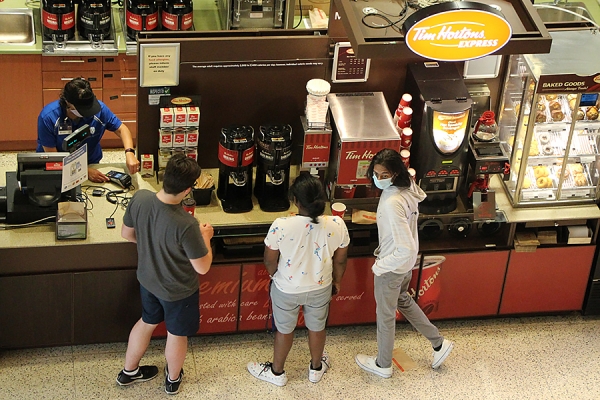 The AVA training platform, short for Alliance against Violence and Adversity, will address current gaps in health research training.
The AVA training platform, short for Alliance against Violence and Adversity, will address current gaps in health research training.
UWindsor’s Debbie Sheppard-Lemoine is working to improve the well-being of Canadian girls and women by helping to develop new training opportunities for the next generation of health researchers.
 The dean of the Faculty of Nursing, Dr. Sheppard-Lemoine is part of a nationwide team developing the AVA training platform, short for Alliance against Violence and Adversity. Led by University of Calgary nursing professor Nicole Letourneau, AVA is one of 13 interdisciplinary training programs being developed to increase Canada’s ability to conduct research on specific health challenges.
The dean of the Faculty of Nursing, Dr. Sheppard-Lemoine is part of a nationwide team developing the AVA training platform, short for Alliance against Violence and Adversity. Led by University of Calgary nursing professor Nicole Letourneau, AVA is one of 13 interdisciplinary training programs being developed to increase Canada’s ability to conduct research on specific health challenges.
“We know that adverse childhood experiences such as family violence have lasting impacts on the health and well-being of girls and women,” said Sheppard-Lemoine. “Our team believes that there are gaps in research training that have contributed to the persistence of this problem.”
Federal ministers Jean-Yves Duclos and Carolyn Bennet recently announced the projects that will be funded through an investment of $31.1 million over six years for a new Health Research Training Platform. The pilot project will equip trainees and early-career researchers with the skills, experience, and mentorship they need to advance scientific knowledge on health care issues such as dementia, kidney disease, diabetes and obesity, seniors’ health, and the mental health of LGBTQ/2S populations. It’s designed to improve Canada’s research into drug safety, the use of artificial intelligence in public health, and more.
The AVA training platform will get nearly $2.4 million from the Canadian Institutes for Health Research, a federal funding agency. The project is also supported by the Public Health Agency of Canada, the B.C. Women’s Health Foundation, Egale Canada, and Mitacs.
AVA’s proponents pointed out that Canada ranks poorly among developed nations when it comes to children’s health and wellness, according to a 2020 report by UNICEF. The research team believes adverse childhood experiences such as family violence are likely behind this crisis.
Family violence disproportionately affects girls and women, and has generational repercussions as those women go on to have children of their own.
“This training platform will influence girls’ and women’s health,” said Sheppard-Lemoine. “As a Canadian society, this support will build new ways of understanding for the generations of women and girls to come.”
—Sarah Sacheli



